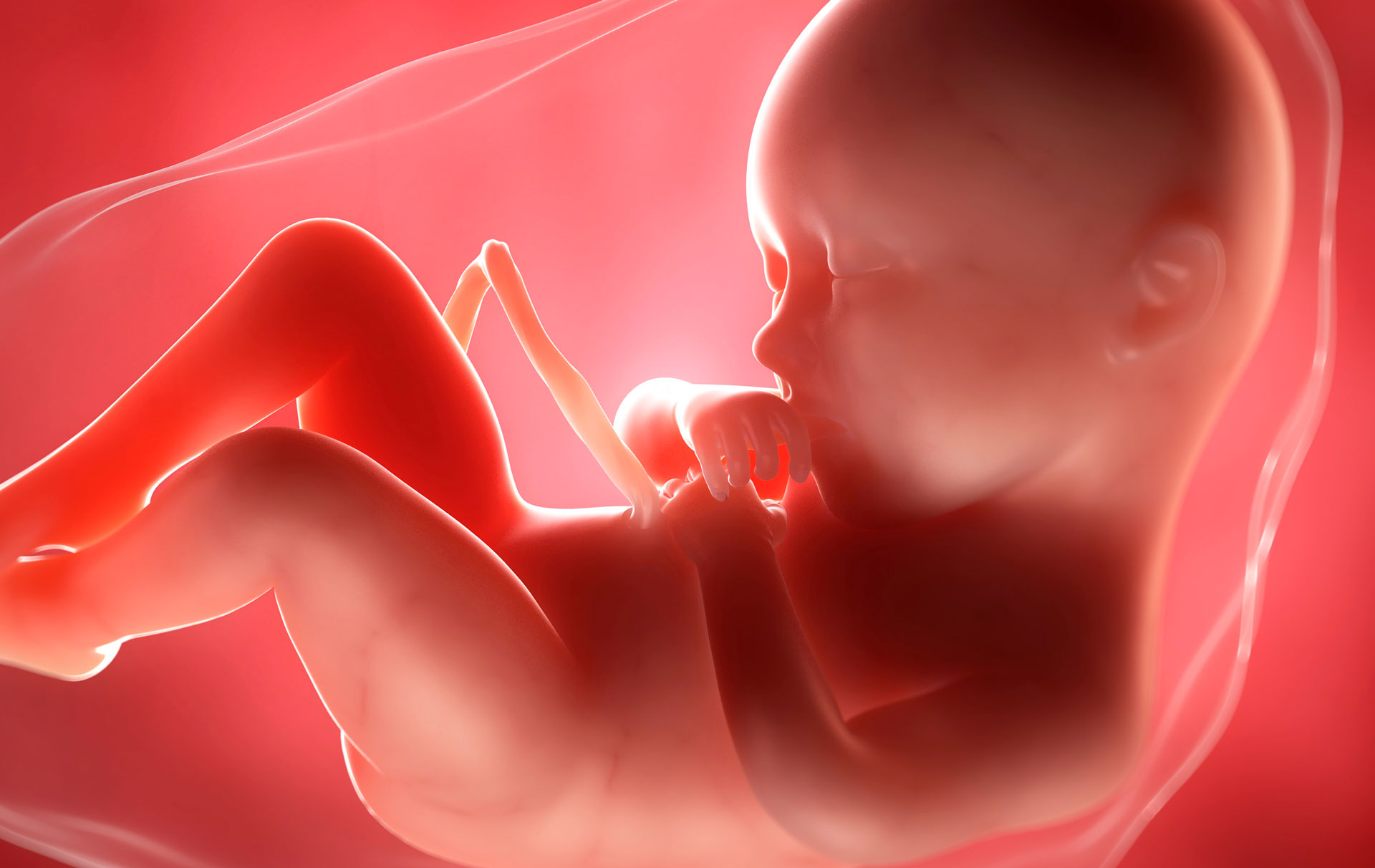Week by week pregnancy guide: 36 weeks pregnant
Symptoms and more...

You're now 36 weeks pregnant but what should you expect? Read week 36 of our week by week pregnancy guide to find out everything you need to know...
As your baby grows you may feel uncomfortable as they wriggle around to get themselves comfy and there'll be a few tests your midwife will want to do, too. Here's what to expect when you're 36 weeks pregnant...
Symptoms at 36 weeks pregnant
The top of your uterus has reached its highest point now, just underneath your breastbone. You may feel jabbing pains in your ribs as your baby kicks. Some relief should come when your baby starts to engage.
This is when his head moves down into your pelvis in readiness for the birth. You can normally sense when your baby drops down to the engage position. Breathing will be easier and a lot of the discomfort you've felt will get better.
Fetal development at 36 weeks pregnant
Your baby now measures over 46cm and weighs 5lbs 8oz (2.5kg). Their lungs are developing in preparation for breathing outside the womb. They are running out of room and now squirm vigorously to get more comfortable. If they haven't turned upside down already, they're probably about to. Their digestive system is now filled with meconium - a sticky dark green substance made of dead skin cells, lanugo and excretions from his bowel, liver and gall bladder that will come out as his first poo. They can turn their head and have fully formed fingernails - they may eve scratch themselves.

The changes you should make at 36 weeks pregnant
During your routine antenatal appointment your midwife will measure your blood pressure and test for protein in your urine. She will also measure and plot symphysis-fundal height and check the position of your baby.
If your baby is breech you may be offered an external cephalic version. This is where the obstetrician tries to turn your baby into a head down position by applying pressure on your abdomen. It is a safe procedure, although only 50% of breech babies co-operate. Those that are moved into a head down position tend to stay that way. If your baby remains in a breech position then you may be advised to have a Caesarean section.
Parenting advice, hot topics, best buys and family finance tips delivered straight to your inbox.
Your midwife will talk to you about the benefits and techniques of breastfeeding and tell you about the newborn screening tests and vitamin K injection that will be given to your baby at birth. She may also talk to you about taking care of yourself after the birth and advise you on the baby blues and the signs of postnatal depression.
If you are expecting twins or multiples then you will have an antenatal appointment and growth scan this week.
It is entirely up to you when you start your maternity leave, but bear in mind that if you are absent from work for a pregnancy-related reason in the last four weeks of your pregnancy, your employer can start your maternity leave and pay.
Worried about ruining a perfectly good mattress if your waters break in bed? Why not invest in a mattress protector for a double bed. Don't worry if it turns out to be a wasted investment. In years to come you can use it as a night time piddle pad for your potty-training toddler!
Did you know? Only 5% of babies arrive on their due date... Doctors suggest you expect D-day in the fortnight surrounding your official date.
Stephanie has been a journalist since 2008, she is a true dynamo in the world of women's lifestyle and family content. From child development and psychology to delicious recipes, interior inspiration, and fun-packed kids' activities, she covers it all with flair. Whether it's the emotional journey of matrescence, the mental juggling act of being the default parent, or breaking the cycle of parenting patterns, Stephanie knows it inside out backed by her studies in child psychology. Stephanie lives in Kent with her husband and son, Ted. Just keeping on top of school emails/fundraisers/non-uniform days/packed lunches is her second full-time job.